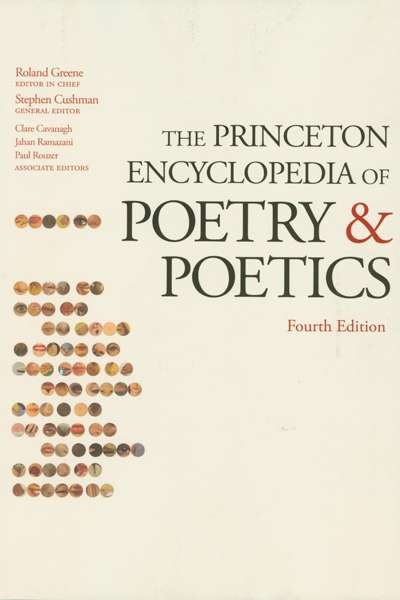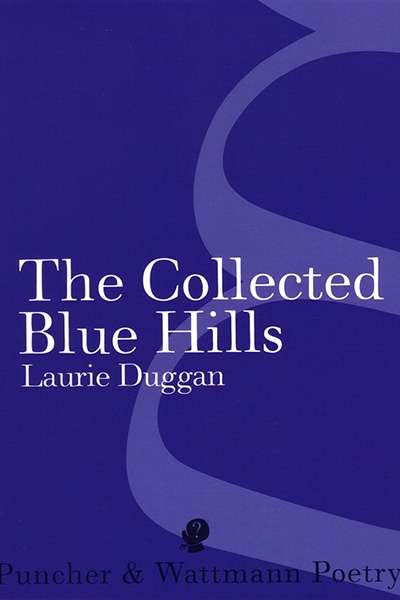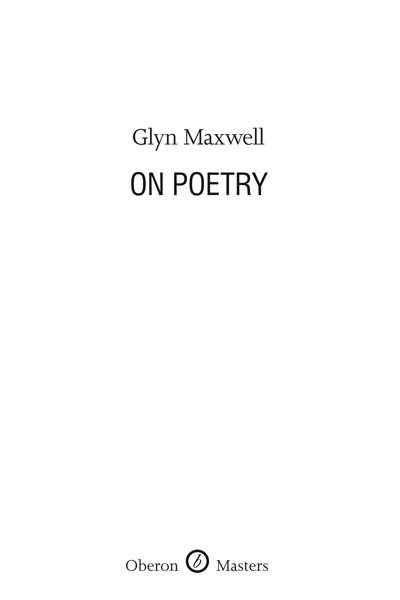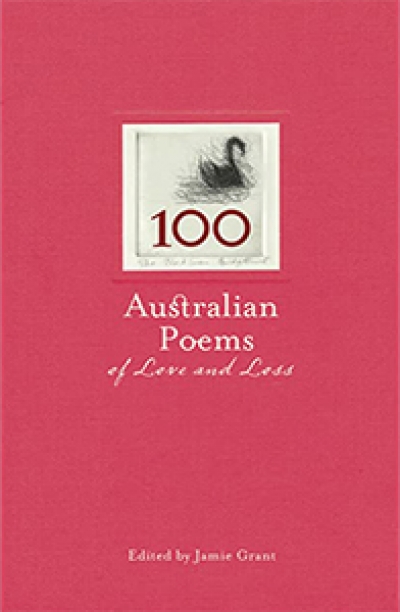David McCooey
The Princeton Encyclopedia of Poetry and Poetics, Fourth Edition edited by Roland Greene et al.
by David McCooey •
I'm Your Man: The Life of Leonard Cohen by Sylvie Simmons
by David McCooey •
Activist Poetics: Anarchy in the Avon Valley by John Kinsella, edited by Niall Lucy
by David McCooey •
A Cool and Shaded Heart by Noel Rowe & Ethical Investigations by Noel Rowe
by David McCooey •
Dear Editor,
This is a note to congratulate you on the quality of the latest Calibre Prize essays, by Jane Goodall and Kevin Brophy, in the April edition of ABR. The two pieces maintain the incredibly high standards of the Prize, of which I was honoured to be an inaugural judge.
... (read more)







